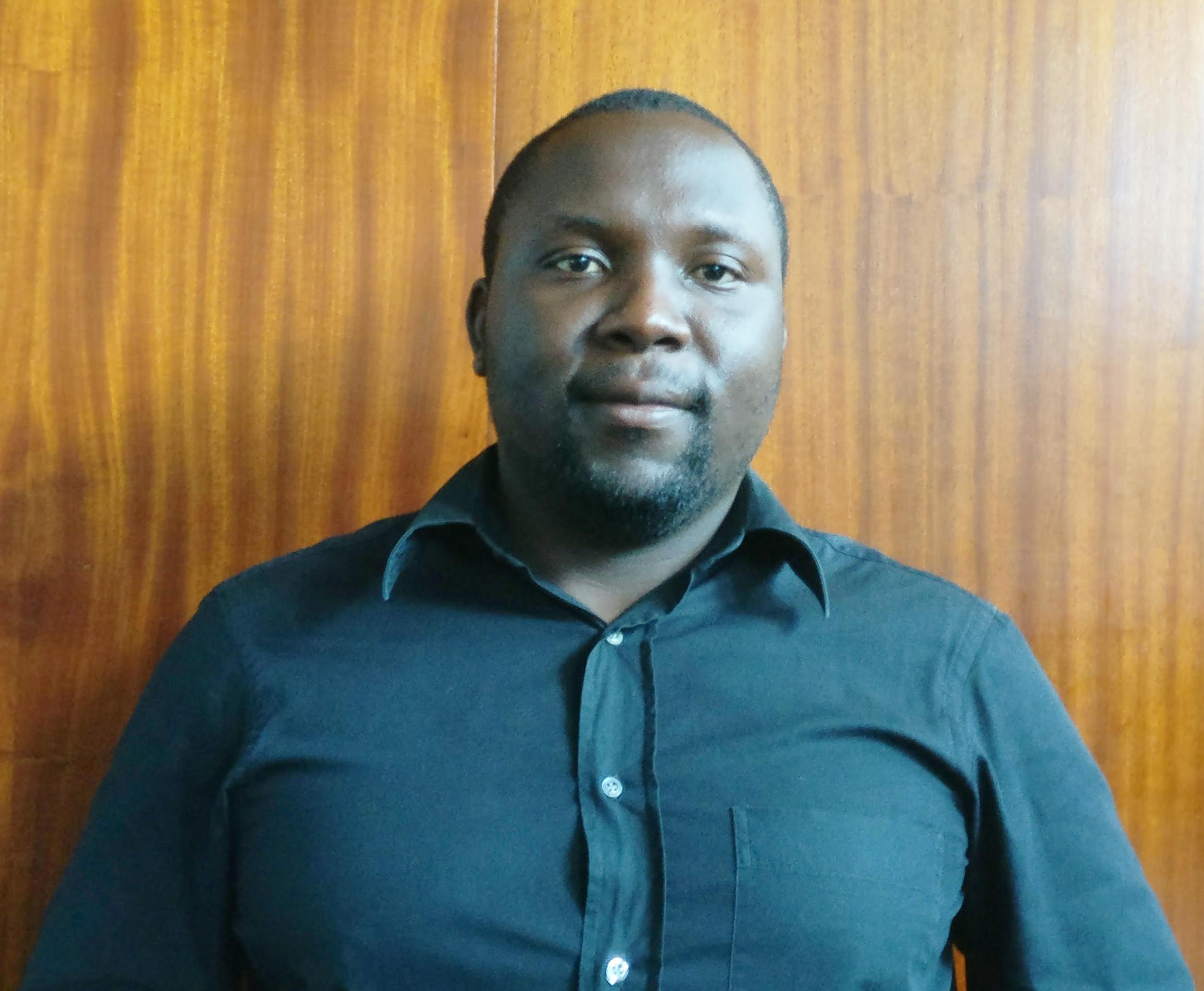Masters in Malawi: Pacharo Msowoya

Pacharo Msowoya
Pacharo Msowoya is a studying for his Masters degree at the University of Malawi Polytechnic. His research project is supported through SHARE via WASHTED, and here, he tells us a bit more about his background and project.
What is your background?
My background is environmental health. I got my Bachelors degree in 2008 at the University of Malawi. I’ve worked mostly in research, in WASH and in health (including for Riders for Health), and currently I’m working at the National Smallholder Farmers Association of Malawi. In all of my roles, I’ve been working in research, monitoring and evaluation.
What is your research project on?
The title is ‘Assessment of Water, Sanitation and Hygiene in Malawi’s Major Depots’. I’m focussing on Lilongwe. It’s accessible for me since I’m based in Lilongwe, but also it’s the capital city, so there’s a lot of travellers coming and going. I thought that could be a good research location.
What made you choose that topic?
That’s a good question! I’ve been travelling through the depots for quite some time, and you can see there are some problems coming from them. In Malawi, we have a sanitation policy – a lot of policies to do with sanitation and water supply, but public areas like depots and markets have been neglected. We might have laws in place, but they’re not being enforced. In these places, water supply and sanitation are not good. My research is trying to find out how bad things are. We will compare them to the WHO standards and show where the government needs to come in.
How far into the MSc programme are you?
I started my Masters in August 2015, and expecting to finish it in July 2017. I’m currently developing tools and working with my supervisors to make some revisions and will then start the data collection.
Do you think your findings will have an impact on policy?
Definitely! When I was choosing this topic, I was not just looking at doing something for the sake of academic purposes, but something that can also have an impact on the Malawian population. I think this could be a very good source of knowledge for policymakers and commuters, to show them that things are not good. There the standards, and the situation need to be improved. That’s my goal – to influence policy. And I hope SHARE can help provide a platform to showcase my research.
What advice would you give to any students starting out?
In Malawi, literacy levels are very low. Most people, especially in rural areas, don’t know much about WASH problems and related diseases. I’d encourage anyone interested to do a Masters in environmental health or WASH. We’re lacking expertise in these areas – people are there but not enough to match the current demand of the population. I’d really encourage people to go into this field. I also think we need to do more in terms of providing guidance to people making or implementing policies. How best can we build a link between the people doing the research and the implementers. It might also be useful to do some research on this and provide some recommendations on how this link can be improved.
Have you developed any new skills during your masters?
A lot of skills! It’s hard to identify them specifically, but you can see in general that the way you think and the way you do things start to change. I think the fact that I got this scholarship has put me in a better position, because now I’m not really focussed on the financials, but I concentrate on how best can I do the work. That changes your thinking. I’ve learnt a lot of skills, and I’m sure by the time I’ve finished I’ll have learnt even more!
